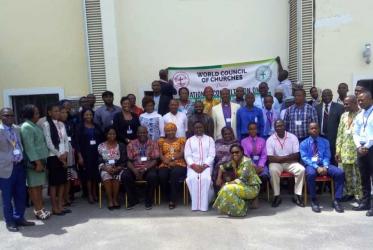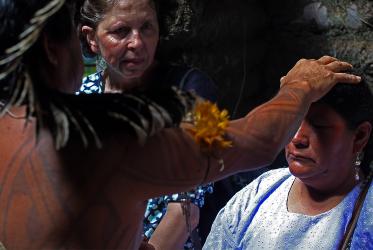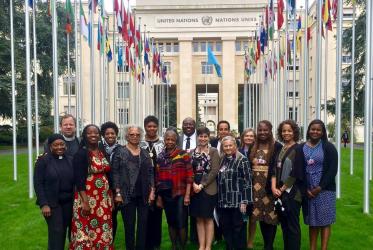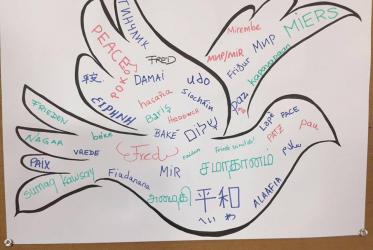Displaying 141 - 160 of 363
Konrad Raiser shares ecumenical journey of transformation
06 February 2018
#WCC70: A story of how we meet together
02 February 2018
WCC Executive Committee to convene in Amman
16 November 2017
Re-engineering life forms: Church forum raises concerns
09 November 2017
“The work of truth-telling has to happen”
28 September 2017
A voice for peace from Down Under
10 July 2017














